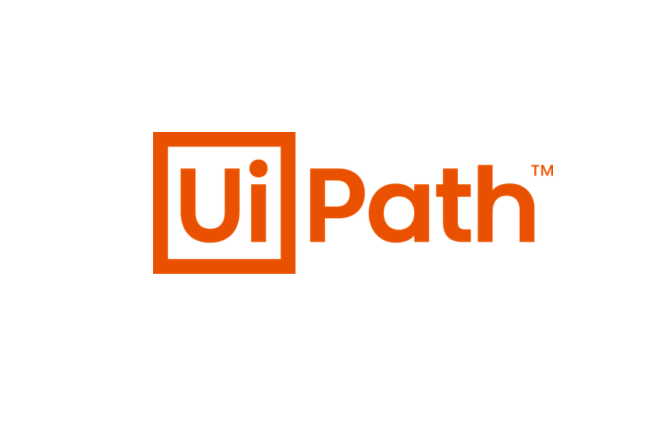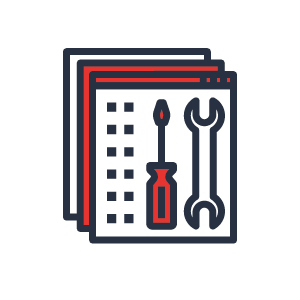We’re often asked to break down the technical blurb associated with our industry, as like many others we are guilty of talking in our own language – in this blog we focus on the FAQ of Low-Code.
What is low-code?
Probably one of the most used, but least understood terms for anyone who doesn’t work with code! Low-code is a visual development approach to application development that enables professional and non-professional developers to collaborate and rapidly build and deliver applications.
Can non-developers really use low-code with ease?
Low-code platforms are designed specifically for business users and make things as simple and easy-to-use as possible. You don’t need to worry about endless training either. Equally though, seasoned developers can apply their expertise and experience to using low-code by augmenting and enhancing with code for more complicated scenarios.
What can you build with low-code platforms?
With low-code, you can pretty much build any kind of web and mobile application. Here is a list of most common usage of low-code platforms,
– Customer facing/consumer apps
– Operations improvement apps
– Employee engagement apps
– Legacy modernisation/ replacement apps
– Field and remote reporting and data collection apps
…and, here are some examples of everyday departmental business processes that we have transformed using low-code process automation:
Finance
- Accounts Receivable Automation
- Accounts Payable Automation
- Accounts Recon Automation
- Invoicing & Remittance
- Purchase to Purchase Payment
- Purchase Requisition
- Travel & Expense Processing
- Data Extraction and Reporting
- Fraud Detection
- Intercompany Recharging
IT
- Diagnose Technical problems
- Issue Resolution, eg.
- Password Reset
- Manage Support Tickets
- Data Back-Ups
- Data Cleansing
Customer Services
- Contract Renewals
- SLA Management
- Underwriting and
- Account Creation
- Order Processing
- Record Amendments
Human Resources
- Application & CV Processing
- Interview & Feedback Notifications
- Employee On-Boarding
- File & Data Management
- Employee Induction & Training
- Monthly Payroll Automation
- Company Survey’s/Employee Surveys
- Attendance Records & Time-Keeping
- Criminal Checks & Referencing
Operations
- Contract Renewals
- SLA Management
- Underwriting and Account Creation
- Order Processing
- Record Amendments
How does using Low-code compare to traditional development methods?
Very simply put, low-code is the process of dragging and dropping visual blocks of existing code into a workflow to create applications. Since it can completely replace the traditional method of hard-coding an entire app, skilled developers can work smarter and faster, not getting tied up with repetitive coding and business users can build apps with very little or no training.
Can I use low-code for mobile app development?
Applications built using low-code platforms automatically get optimised on all devices automatically. These mobile-first applications do not require the developer to write and maintain different code base for difference devices, so it’s offers up a much more time efficient solution that fits all devices.
Will low-code replace my existing Developers?
Low-code isn’t about reducing the skills and value of developers. Low-code enables teams of developers to produce more value, more quickly while drawing on their understanding of how to create and maintain high-quality web and mobile applications.
So what is it that Velocity IT does to help organisations embrace low-code?
In a nutshell; we analyse the everyday to the most complex of business processes across an organisation and its departments, then formulate and implement faster and more profitable ways of completing processes using low-code technology.
As a Information Technology professional services company we focus on developing Process Automation Workflow, RPA, Digital Transformation and Business Optimisation software solutions.
What technology do we specialise in?
Platforms we specialise in include (but are not limited to); UiPath, K2, Mendix, Netcall, Office 365, Dynamics 365 and Microsoft Azure technologies) – using our skills and experience with this software toolkit we help companies achieve bottom line efficiency, productivity and profitability improvements.
Who we work with?
Our clients include organisations such as CBRE, Zurich Insurance, the Ministry of Defence, Motability, Wales and West, Network Rail, Rolls Royce, MOD and many more.
Want to know more?
rnIf you’re keen to understand more about how your organisation can get started with low-code tech book a quick call at a time that suits you with a member of our team.







